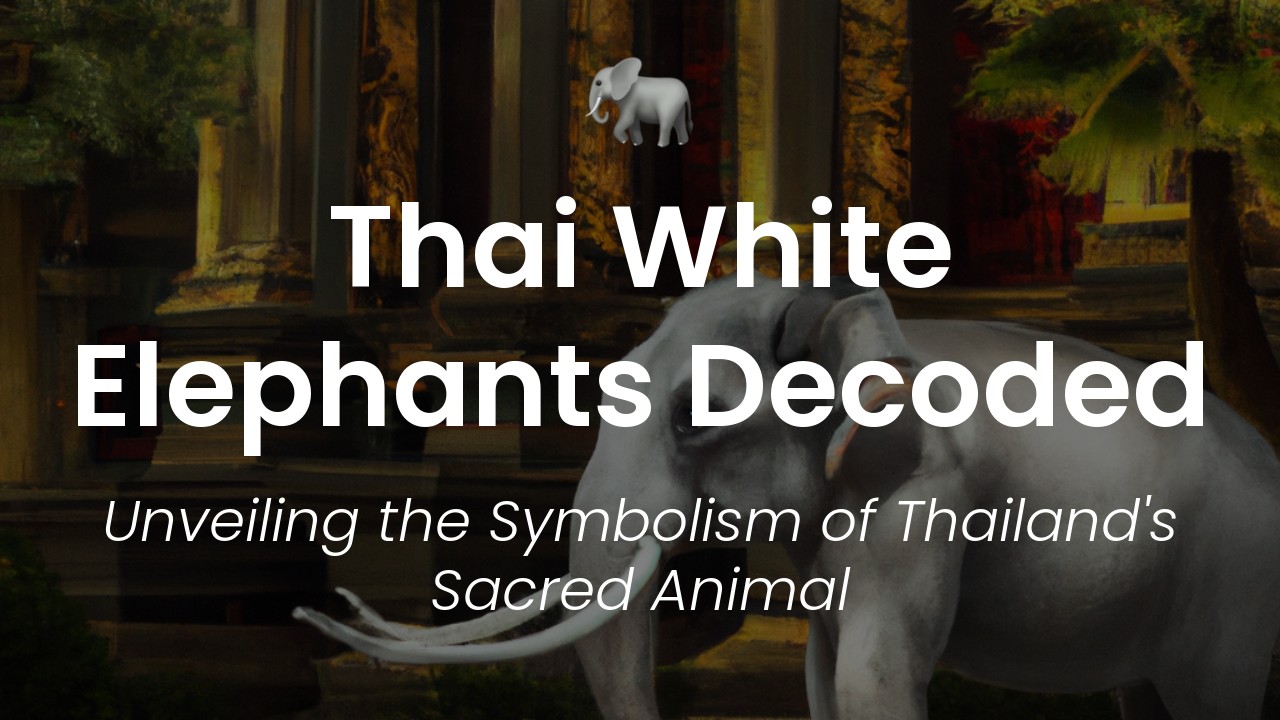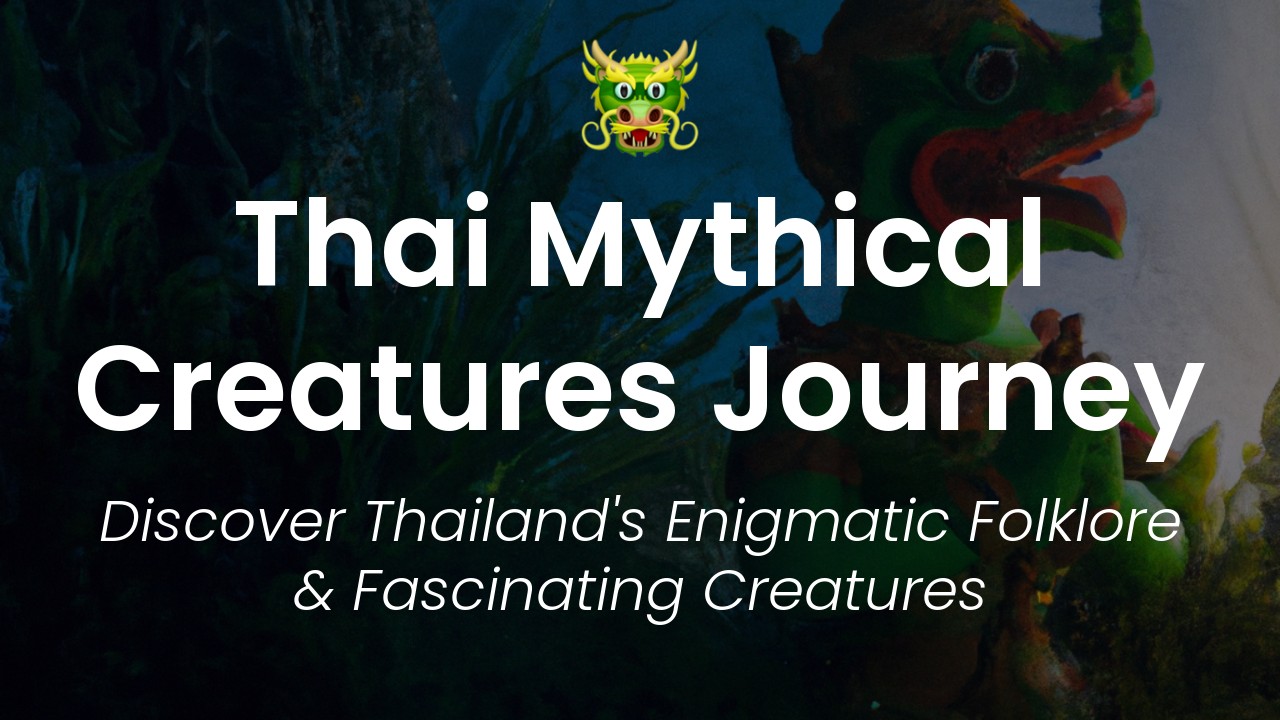As a Thai national, I’m intrigued by the symbols that hold deep cultural significance in my country. One such symbol is the white elephant, known in Thai as chang phueak. It has long been an emblem of Thai royalty, embodying power and prestige. But behind this seemingly straightforward symbol lies a rich tapestry of meaning and a fascinating history.
In Thai culture, the white elephant is considered to be a rare and sacred creature, and for many centuries, it has been associated with the monarchy. According to Thai legend, a white elephant was one of the forms that Lord Buddha took before he was born as a human being. This mythological connection has been reinforced throughout history, and Thai monarchs have often been gifted with rare and valuable white elephants.
But why is the white elephant so revered? One reason is that they are seen as symbols of purity and wisdom. For the ancient Siamese people, they were believed to bring good fortune and prosperity to the land. Additionally, they are seen as a symbol of humility, as white elephants were often used to help with everyday tasks, such as hauling logs.
While the white elephant is no longer used in such a practical way, it continues to hold an important place in Thai culture, and its symbolism can be found in art, literature, and religious ceremonies. In this article, we’ll explore the hidden meanings behind Thai white elephants, taking a closer look at their cultural significance and the role they play in Thai society.
Historical significance of white elephants
White elephants have long held a significant place in Thai culture. They have been regarded as highly revered and auspicious animals since the Ayutthaya Kingdom period, a time when elephants were used in warfare and as a symbol of royal power.
In Thailand, the white elephant is regarded as a symbol of good luck, purity, and power. It is often associated with the Buddhist teachings of morality, compassion and wisdom. The rareness of this pachyderm makes it highly sought after, and ownership of a white elephant is considered a great honour.
White elephants in Buddhist culture
In Theravada Buddhism, the white elephant is commonly associated with the birth of the Buddha. Legend has it that when the queen was carrying the Buddha in her womb, she had a dream in which a white elephant came to her and entered her womb through her right side. This symbolised the Buddha’s purity and wisdom.
In Thai culture, the white elephant symbolises the Buddha's purity and wisdom. It is often depicted as a gentle creature with a serene expression. Many Thai people believe that the appearance of a white elephant brings good news, and it is often considered a good omen.
Significance of the color white
In traditional Thai culture, the color “white” symbolises purity and cleanliness. The white color is believed to bring peace and harmony, and it is associated with the Buddha’s teachings of morality and compassion.
The combination of the white elephant with the purity of the color white is therefore highly significant in Thai culture. It is widely believed that a possession of a white elephant brings good fortune and prosperity.
Symbolism in Thai monarchy
White elephants have played a significant role in the Thai monarchy for centuries. In the past, white elephants were often given as gifts to the King of Thailand, and they were considered a symbol of his power and greatness.
In modern times, the Thai government has continued to treat white elephants as highly respected creatures. In fact, the state-owned white elephant stable located in Lampang province is considered the only one of its kind in the world.
Political symbolism in modern times
Despite their long-standing cultural and religious significance, white elephants have recently been used as a symbol of political power in Thailand.
In 2006, when the military took power in a coup, they began using a white elephant as their symbol. This was seen by many as an attempt to appropriate the cultural significance of the white elephant in order to legitimise their rule.
However, some Thai people believe that the military's use of the white elephant was a betrayal of the traditional reverence for this sacred animal.
Differences between Thai and Western perceptions
For Westerners, the concept of a white elephant may be associated with a burdensome or awkward gift. However, in Thai culture, white elephants are highly valued and respected creatures.
The differences in perception between Thai and Western cultures highlight the significance of understanding local customs and beliefs. Before visiting Thailand tourists are encouraged to undertake research and respect Thai traditions and customs.



